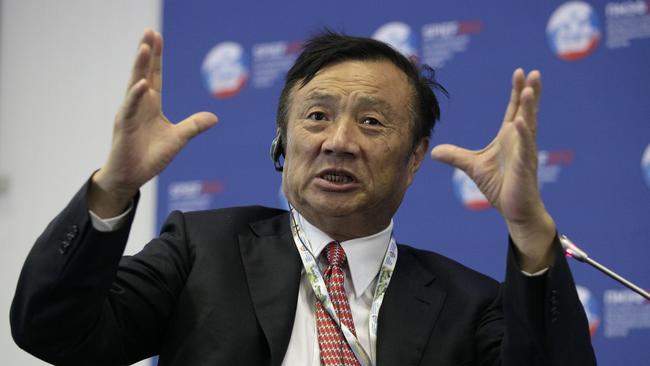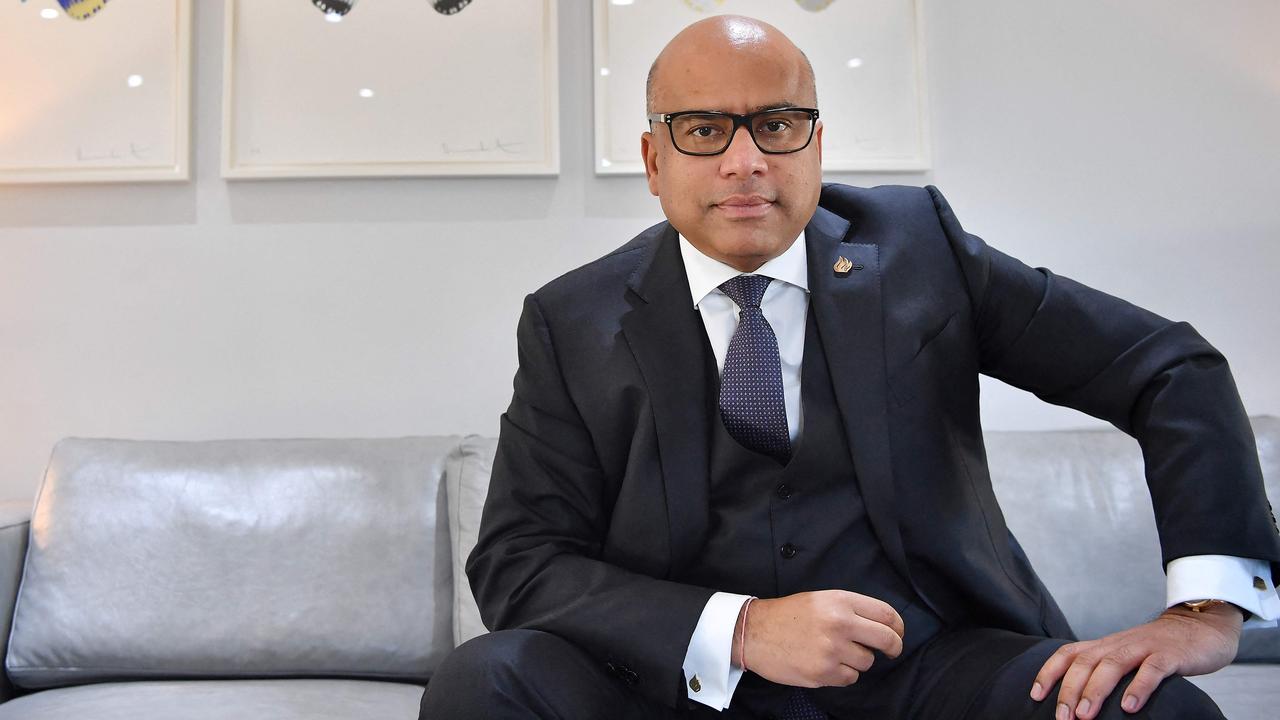China fumes after Canadaian authorities arrest daughter of Huawei founder at US request
Chinese diplomats have protested the arrest of Huawei’s CFO at the request of `the US while she switched flights in Canada.

Canadian authorities in Vancouver have arrested Huawei Technologies’s chief financial officer at the request of the US government for alleged violations of Iranian sanctions, the latest move by Washington to crack down on the Chinese cellular-technology giant.
A spokesman for Canada’s justice department said Meng Wanzhou was arrested in Vancouver on December 1 and is sought for extradition by the US. A bail hearing has been tentatively scheduled for Friday, according to the spokesman. Ms Meng, the daughter of Huawei’s founder, Ren Zhengfei, serves as the company’s CFO and deputy chairwoman.
A spokesperson of the Chinese Embassy in Canada expressed their opposition to Ms Meng’s arrest, “a Chinese citizen not violating any American or Canadian law”, and urged Canadian authorites to “immediately correct the wrongdoing”.
“The Chinese side firmly opposes and strongly protests such kinds of actions which seriously harmed the human rights of the victim” it said in a statement published on the embassy’s website.
“The Chinese side has lodged stern representations with the US and Canadian side, and urged them to immediately correct the wrongdoing and restore the personal freedom of Ms Meng Wanzhou.
“We will closely follow the development of the issue and take all measures to resolutely protect the legitimate rights and interests of Chinese citizens.”
Ms Meng’s arrest comes amid a year-long US government campaign against a company it views as a national-security threat. In the past year, Washington has taken a series of steps to restrict Huawei’s business on American soil and, more recently, launched an extraordinary international outreach campaign to persuade allied countries to enact similar curbs.
The US is seeking Ms Meng’s extradition so as to have her appear in federal court in the Eastern District of New York, according to people familiar with the matter.
A Huawei spokesman said Wednesday that Ms Meng was arrested while transferring flights in Canada. “The company has been provided very little information regarding the charges and is not aware of any wrongdoing by Ms Meng,” he said. “The company believes the Canadian and US legal systems will ultimately reach a just conclusion.” The spokesman added that Huawei complies with laws and regulations everywhere it operates.
The Wall Street Journal reportedin April that the Justice Department had launched a criminal probe into Huawei’s dealings in Iran, following administrative subpoenas on sanctions-related issues from both the US Commerce Department and the US Treasury Department’s Office of Foreign Assets Control.
In 2007, Ms Meng served as a board secretary for a Huawei holding company that owned Skycom Tech, a Hong Kong-based company with business in Iran and employees who said they worked for “Huawei-Skycom,” according to a person familiar with the matter.
US authorities have suspected Huawei’s alleged involvement in Iranian sanctions violations since at least 2016, when the US investigated ZTE, Huawei’s smaller Chinese rival, over similar violations. The Commerce Department released internal ZTE documents that showed the company studied how a rival identified only as “F7” had conducted similar business.
A ZTE representative didn’t immediately respond to a request for comment. The document, dated August 2011, said F7’s proposal to acquire US company 3Leaf was opposed by Washington. That identified the company F7 as Huawei, which tried to acquire 3Leaf in 2010, only to back away after a US national-security panel recommended against approving the deal.
Ms Meng is a Chinese citizen who went by the English name of Cathy Meng before changing it to Sabrina Meng a few years ago. The company says she joined Huawei in 1993 and has held a variety of positions in accounting divisions.
“China will see this as an escalation against Huawei and as an extraterritorial rendition,” said James Mulvenon, general manager at defense contractor SOS International. “There will be tremendous domestic pressure in China to get her back.” Huawei is the world’s biggest maker of equipment for cellular towers, internet networks and related telecommunications infrastructure. It is also the world’s No. 2 smartphone brand.
For years, Washington has alleged the Chinese government could compel Huawei to tap into the hardware it sells around the world to spy or to disrupt communications. US officials say they are intensifying efforts to curb Huawei because wireless carriers worldwide are about to upgrade to 5G, a new wireless technology that will connect many more items -- factory parts, self-driving cars and everyday objects like wearable health monitors -- to the internet. US officials say they don’t want to give Beijing the potential to interfere with an ever-growing universe of connected devices.
Huawei has long said it is an employee-owned company that has never conducted espionage or sabotage on behalf of any government, and that doing so would jeopardise its world-leading business. The company said it poses no greater risks than its rivals, given they share a common supply chain.
Some of America’s closest allies, including most of the countries in the “Five Eyes” intelligence-sharing pact among English-speaking countries, have followed the nation’s lead. Australia in August banned Huawei from its 5G networks, while New Zealand last week blocked one of it major wireless carriers from using Huawei.
In Britain, BT Group PLC said Wednesday that it was removing Huawei equipment from its network, two days after a British intelligence chief questioned whether the country should be using the Chinese gear.
Aruna Viswanatha, Nicole Hong and Paul Vieira contributed to this article.
Dow Jones





